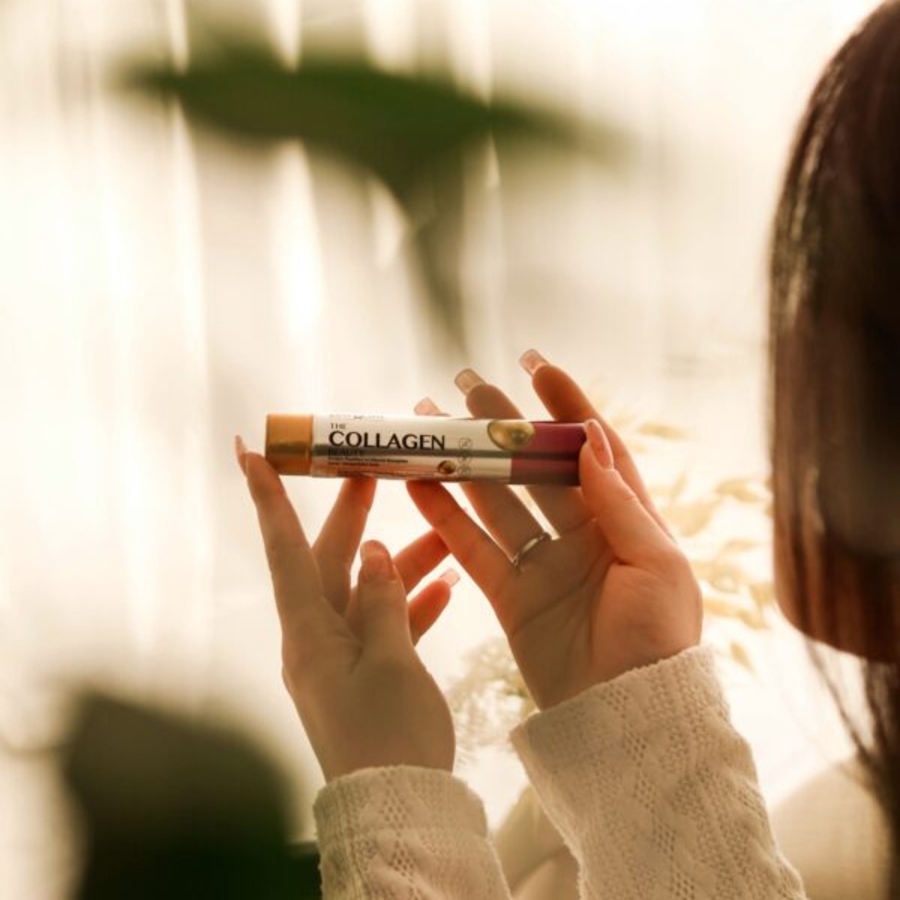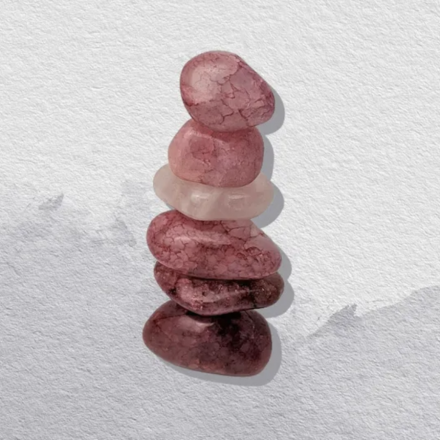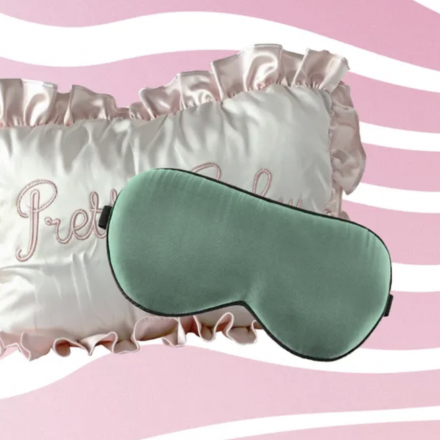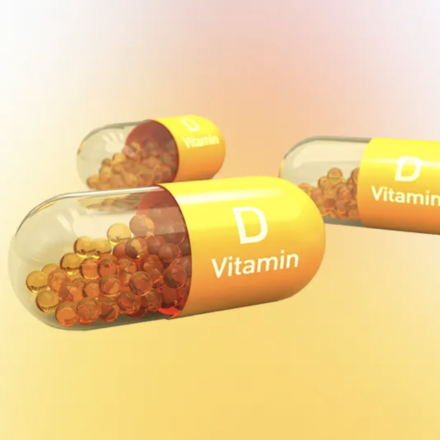Liquid Collagen: Myths, Truths, and the Secret to Radiant Skin
Liquid collagen is a protein in peptide form that we take orally. Once in the body, it stimulates fibroblast cells, which produce their own collagen, elastin, and hyaluronic acid.
Liquid collagen is a protein in peptide form that we take orally. Once in the body, it stimulates fibroblast cells, which produce their own collagen, elastin, and hyaluronic acid. Unlike creams, which work only on the skin’s surface, liquid collagen acts deep within the dermis—the place where the framework of our youth is formed.
How does it affect beauty?
Regular intake can:
Improve skin elasticity
Reduce wrinkles
Increase hydration
Strengthen hair and nails
Support joints and ligaments
You can see initial results within 3–4 weeks, with a noticeable anti-aging effect after 2–3 months.
How to choose the “right” collagen?
The form isn’t the most important factor (powder, tablets, or drinks)—what matters is the formula:
Hydrolyzed collagen (peptides, preferably tripeptides)
Vitamin C (500 mg for optimal effect)
Zinc (to help retain collagen in the skin)
Amino acids (glycine, proline, lysine)
Hyaluronic acid and glutathione (for radiant skin and protection against pigmentation)
Optimal dosage: 10,000 mg of hydrolyzed collagen per day.
Marine or bovine?
Marine: easier to absorb but may cause allergies and has a distinctive taste.
Bovine (type I): closest to human collagen, providing the best anti-aging effect.
When and how to take it?
Ideally, take it in the morning on an empty stomach or 30 minutes before a meal. If you have stomach acidity issues, it can be taken after breakfast. The key is consistency.
Course of intake:
Recommended for 3 months, 2–3 times a year. Breaks are necessary so the body continues producing its own collagen.
Who should be cautious?
If you have a protein allergy (fish or animal), liver or kidney problems, or autoimmune diseases, consult a doctor before use.



















